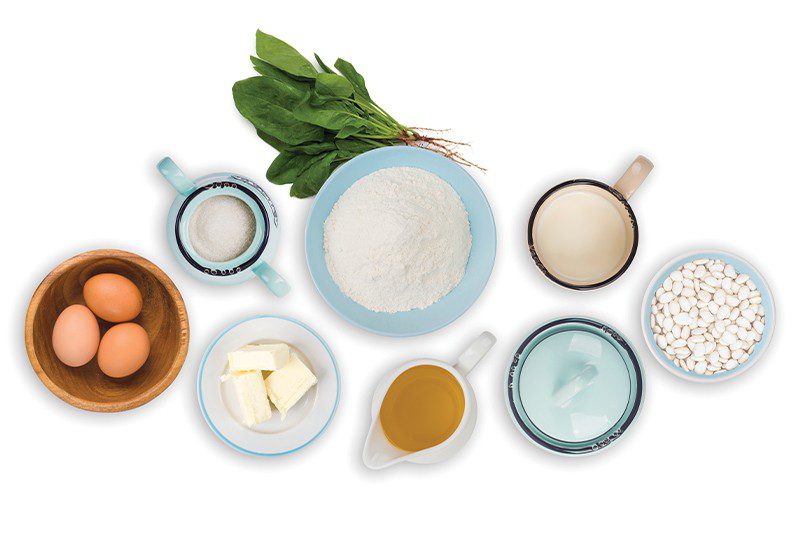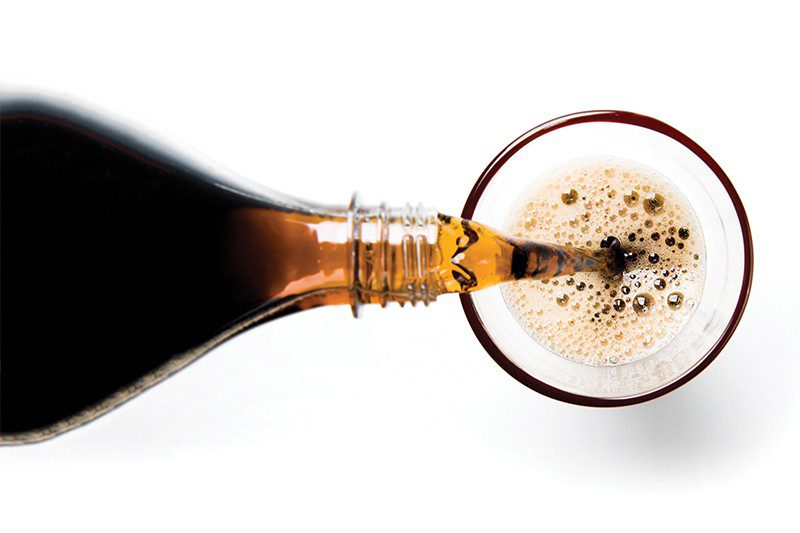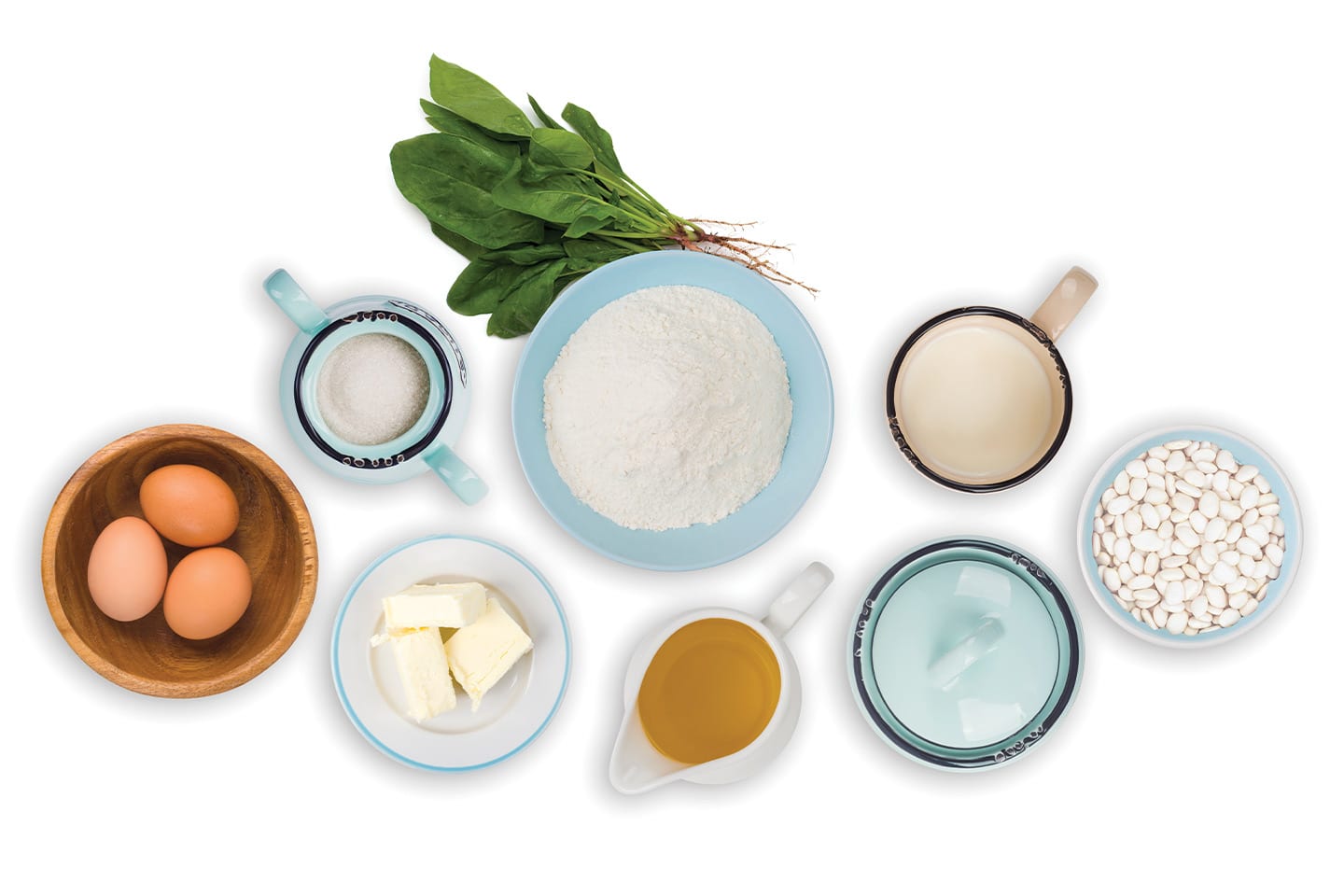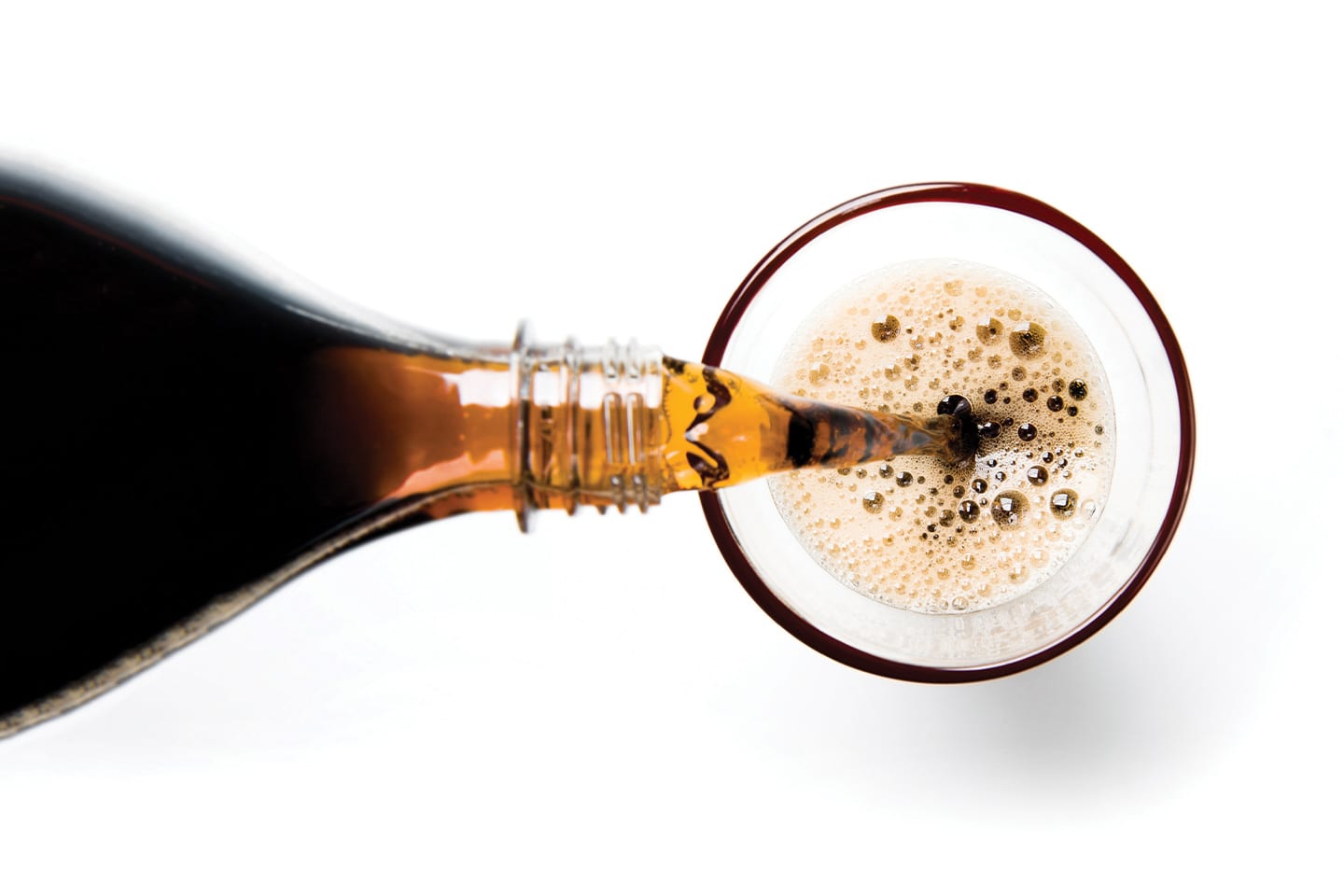Expert Advice for Healthy Bones
Our bones are designed to be strong and flexible – they are under continual stress after all! Made primarily of collagen and calcium phosphate, our skeletons are constantly regrowing and transforming old bone tissue into new. By our late 20s, they’ve reached peak density. After that, new bone development slows, and bone resorption (tissue breakdown) begins to outpace formation. That’s why it’s common for adults 65 and older to suffer from osteoporosis, a disease that causes bones to become brittle and more prone to breaking. A reported 53 million Americans are either currently facing osteoporosis or are at a high risk for it, due to low bone mass. But the myth that this debilitating condition is an inevitable part of aging is simply untrue! Take these steps to keep your bones healthy and strong.
Stay Active
“As we age, bones lose calcium and other minerals, which can cause them to thin,” says Dr. Megan Brown, family medicine physician with Hamilton Physician Group – Catoosa Campus. One of the best ways to improve bone density is through exercise. “Weight-bearing exercises help build new cells, which in turn makes bones denser and less likely to break,” says Dr. Brown. Consider brisk walking, jogging, weightlifting, jumping rope, playing tennis, climbing stairs, and even dancing to clock your physical fitness hours. Mandy Taylor, senior vice president of clinical services and registered nurse with Morning Pointe Senior Living, recommends adults 65 and older set a goal for daily activity. “They should try and get at least 150 minutes of moderate aerobic activity every week. Additionally, they should try to get in strength exercises at least two days per week that work all the major muscles.”


Read the Fine Print
Some medications are considered “bone friendly,” while others can negatively affect your bone density – make sure you are informed about the side effects of anything you’re taking! Long-term use of corticosteroids like prednisone can lead to osteoporosis. Beyond that, medications prescribed for seizures, depression, acid reflux, and more can decrease the density of your bones. Talk to your doctor about the pros and cons of each medication you’re prescribed. He or she may be able to recommend a change or a maintenance drug to counteract any adverse effects.
Fuel Your Bones with Good Food
It’s not uncommon for your appetite to drop a bit as you get older, which can make it easy for you to start missing important nutrients that keep your bones in peak condition. Even if you’re eating less, it’s important to stick to a balanced and healthy diet. “Calcium and vitamin D are key building blocks for bone health, although many other vitamins play a role as well,” says Dr. Brown. “When possible, it’s best to get these nutrients from your diet. Good sources of calcium include dairy, spinach and other leafy greens, white beans, and some fish. Sources of vitamin D include fatty fish like tuna and salmon. Many foods
are also fortified with vitamin D. For those unable to get enough from their diet, a supplement may be recommended.”



Avoid the Bad Stuff
On the opposite end of the spectrum, there are foods, beverages, and habits that should be eliminated if you want to keep your bones strong. Excess salt and soft drinks are bone health hazards and should be avoided. Smoking also attacks your bones. “Men and women who smoke have weaker bones,” explains Taylor. “In fact, women who smoke after menopause have an even higher chance of fractures.” Both unhealthy foods and unhealthy habits can be replaced with better options that don’t leave you feeling too restricted.



Get a Bone Density Scan
A bone density scan is a simple diagnostic procedure that can estimate the density of your bones and the likelihood that you’ll experience a break. “A bone density scan, or DEXA scan, is a specialized X-ray that measures bone density,” explains Dr. Brown. “Bone density scans are recommended for all women at age 65 as a screening tool, and they are sometimes recommended in younger women with risk factors for osteoporosis.” The point of bone density scanning is to catch and treat osteoporosis before an injury occurs.
“Aging and osteoporosis do not go hand-in-hand,” says Taylor. “There are many different things you can proactively do throughout your life to prevent the disease.” It’s never too early – or too late – to start protecting your bones by developing positive habits! HS



Dr. Megan Brown
Family Medicine Physician, Hamilton Physician Group – Catoosa Campus



Mandy Taylor
Senior Vice President Of Clinical Services And Registered Nurse, Morning Pointe Senior Living
Our bones are designed to be strong and flexible – they are under continual stress after all! Made primarily of collagen and calcium phosphate, our skeletons are constantly regrowing and transforming old bone tissue into new. By our late 20s, they’ve reached peak density. After that, new bone development slows, and bone resorption (tissue breakdown) begins to outpace formation. That’s why it’s common for adults 65 and older to suffer from osteoporosis, a disease that causes bones to become brittle and more prone to breaking. A reported 53 million Americans are either currently facing osteoporosis or are at a high risk for it, due to low bone mass. But the myth that this debilitating condition is an inevitable part of aging is simply untrue! Take these steps to keep your bones healthy and strong.
By Lucy Morris
Stay Active
“As we age, bones lose calcium and other minerals, which can cause them to thin,” says Dr. Megan Brown, family medicine physician with Hamilton Physician Group – Catoosa Campus. One of the best ways to improve bone density is through exercise. “Weight-bearing exercises help build new cells, which in turn makes bones denser and less likely to break,” says Dr. Brown. Consider brisk walking, jogging, weightlifting, jumping rope, playing tennis, climbing stairs, and even dancing to clock your physical fitness hours. Mandy Taylor, senior vice president of clinical services and registered nurse with Morning Pointe Senior Living, recommends adults 65 and older set a goal for daily activity. “They should try and get at least 150 minutes of moderate aerobic activity every week. Additionally, they should try to get in strength exercises at least two days per week that work all the major muscles.”
Read the Fine Print



Family Medicine Physician, Hamilton Physician Group – Catoosa Campus
Some medications are considered “bone friendly,” while others can negatively affect your bone density – make sure you are informed about the side effects of anything you’re taking! Long-term use of corticosteroids like prednisone can lead to osteoporosis. Beyond that, medications prescribed for seizures, depression, acid reflux, and more can decrease the density of your bones. Talk to your doctor about the pros and cons of each medication you’re prescribed. He or she may be able to recommend a change or a maintenance drug to counteract any adverse effects.



Fuel Your Bones with Good Food
It’s not uncommon for your appetite to drop a bit as you get older, which can make it easy for you to start missing important nutrients that keep your bones in peak condition. Even if you’re eating less, it’s important to stick to a balanced and healthy diet. “Calcium and vitamin D are key building blocks for bone health, although many other vitamins play a role as well,” says Dr. Brown. “When possible, it’s best to get these nutrients from your diet. Good sources of calcium include dairy, spinach and other leafy greens, white beans, and some fish. Sources of vitamin D include fatty fish like tuna and salmon. Many foods are also fortified with vitamin D. For those unable to get enough from their diet, a supplement may be recommended.”
Avoid the Bad Stuff
On the opposite end of the spectrum, there are foods, beverages, and habits that should be eliminated if you want to keep your bones strong. Excess salt and soft drinks are bone health hazards and should be avoided. Smoking also attacks your bones. “Men and women who smoke have weaker bones,” explains Taylor. “In fact, women who smoke after menopause have an even higher chance of fractures.” Both unhealthy foods and unhealthy habits can be replaced with better options that don’t leave you feeling too restricted.



Get a Bone Density Scan



Senior Vice President Of Clinical Services And Registered Nurse, Morning Pointe Senior Living
A bone density scan is a simple diagnostic procedure that can estimate the density of your bones and the likelihood that you’ll experience a break. “A bone density scan, or DEXA scan, is a specialized X-ray that measures bone density,” explains Dr. Brown. “Bone density scans are recommended for all women at age 65 as a screening tool, and they are sometimes recommended in younger women with risk factors for osteoporosis.” The point of bone density scanning is to catch and treat osteoporosis before an injury occurs.
“Aging and osteoporosis do not go hand-in-hand,” says Taylor. “There are many different things you can proactively do throughout your life to prevent the disease.” It’s never too early – or too late – to start protecting your bones by developing positive habits! HS

